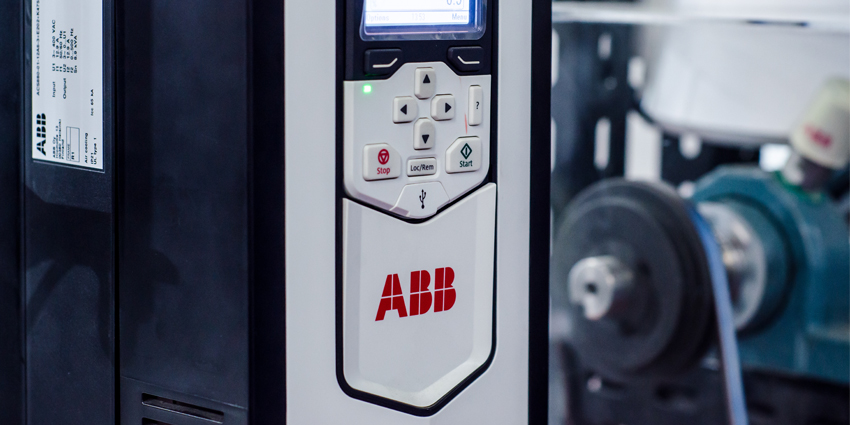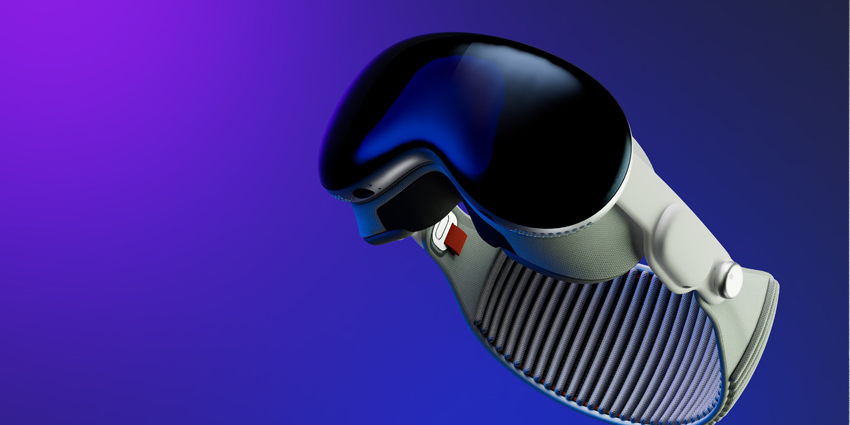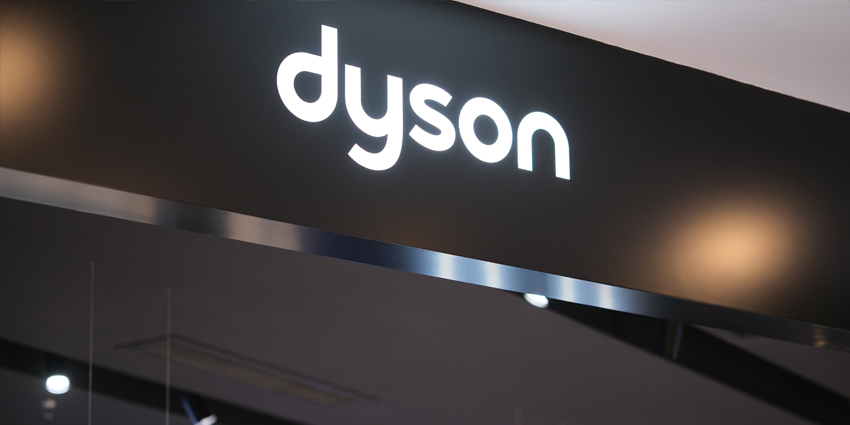Leading Industrial Solutions company, ABB, is committed to helping businesses achieve smarter operations through the use of transformative software, equipment, and services.
To stay ahead of the curve in a rapidly-evolving landscape, ABB frequently experiments with new technology solutions from market leaders like Microsoft and Unify.
As part of a strategy to enhance field maintenance procedures, and minimise the paperwork involved in service tasks, ABB turned to Unity for support, a market leader in XR software.
The disruptive AR ecosystem offered by Unity allowed ABB to create a digital field operator system, intended to enhance the performance of their field service team.
According to Digital Scouting and Innovation experts from ABB, Maciej Włodarczyk and Rafał Kielar, the multi-platform application built with Unity can run both on the Microsoft HoloLens mixed reality device, and mobile devices.
Used correctly, the system can improve the safety and efficiency of field service operators maintaining and servicing equipment on a host of industrial sites.
Leveraging AR with Unity and Microsoft
ABB shared an insight into its unique approach to enhancing field services with AR as part of a Unity webinar. The team revealed Unity and Microsoft Technology together allowed staff members to access a new level of innovative insights on the move.
At the same time, implementation of Microsoft HoloLens 2 headsets allowed ABB to update the workplace even further, with AR-enabled training, guidance, and intelligent maintenance.
For ABB customers, there are two key members of personnel involved in the maintenance and management of equipment. First are the field operators responsible for servicing and maintaining equipment in the physical world.
Secondly, there are the control room operators responsible for supervising the maintenance or repair process. These control room operators are located in a completely different part of the facility.
According to ABB, the complex and dangerous nature of the tasks involved in a field operator’s schedule has forced the company to invest in time-consuming, complex, and expensive training programs for members of staff in the past. While these strategies did offer some level of support to professionals, there were severe limitations in the traditional training process.
Once field workers transitioned to active work on the field, the ABB team struggled to assign and track performed service procedures, often managed via paper documents.
This led to significant communication issues between control room and field operators, who needed to exchange information in real-time to perform efficiently.
Overcoming Challenges with Disruptive Technology
Using the Unity Editor environment for software creation, and Microsoft’s Toolkit for Mixed Reality innovation, ABB was able to rapidly create prototypes for field service applications.
Within very little time, the company managed to build a production-ready application. The software, (named ABB Ability) completely digitizes the field operator experience with access to remote-enabled augmented reality innovations.
The application offers a host of advantages over the traditional workflow, which was commonly reliant on a number of difficult-to-track paper documents.
The new system allows any field operator in the ABB team to follow more digitized procedures, and access expertise without having to invest in costly training processes. The solution also ensures field and distributed control systems can be integrated to enable more efficient real-time data capture.
The newly created and AR-enhanced environment minimizes the frustrations and confusion of processing paper-based forms, while giving field service agents more support in the moment.
The system also makes sure the latest version of a procedure for service is always the one a professional can follow by eliminating outdated documents. With Microsoft Remote Assist, field and control room operators can also connect in real-time to discuss concerns.
According to Włodarczyk and Kielar, one of the most impressive things about the HoloLens ecosystem and the software created through Unity, was the user interface.
The ABB team was able to build an intuitive environment for their staff members, with a UI which didn’t obscure the view of the user, while still giving them access to critical information.
To minimize clutter in the field agent’s view, the company also implemented the opportunity to access navigation menus on request through the Unity software. This allows team members to view the information they need in a customized fashion.
Unlocking New Benefits for Field Agents
As one of the leading Fortune 500 companies driving digital transformation in an industrial environment, ABB is no stranger to innovative technologies like extended reality.
The company believes solutions like augmented reality could be a major factor in ensuring the efficiency and productivity of employees in a transforming field services landscape.
According to Włodarczyk and Kielar from ABB, augmented reality experiences enabled by Unity and Microsoft are transforming the training and guidance strategies they can implement for their team.
Through Unity’s convenient software environment, the ABB developers were even able to automate as much of the experience as possible by minimizing the number of interactions a user needed to perform to gain access to valuable information. Staff members could request the interaction mode of their choice to leverage information, from gaze and gesture control to voice commands.
Going forward, ABB will be continuing to experiment with innovative technology to support and empower its employees. The company takes a measured and strategic approach to rolling out solutions for their workforce, sharing new applications and innovations with a few initial users at first before introducing the wider workforce.
If ABB’s experience with Unity and Microsoft inspires you to begin your own industrial adventure into the AR environment, there are several additional resources available from Unity.
You can check out the Unity industrial collection for further insights or access one of the company’s various knowledgebase articles for information on how to begin developing applications which work with tools like Microsoft HoloLens 2.







